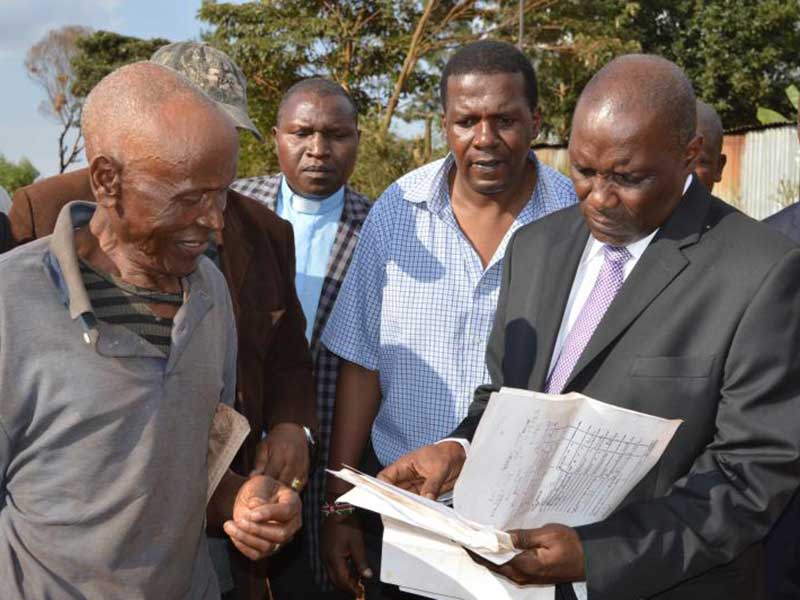×
The Standard e-Paper
Home To Bold Columnists

A group of squatters have petitioned Parliament to order their permanent settlement on land valued at Sh12 billion they claim the Government allocated them in 1992.
The more than 800 squatters claimed powerful individuals, including officials in the current government, were out to snatch their 300 acres near Tatu City.